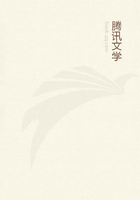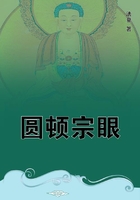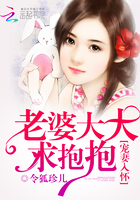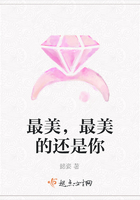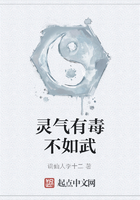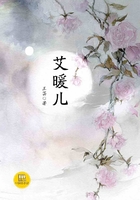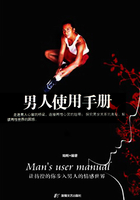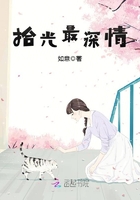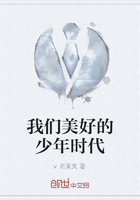With the advent of manufactures, the various nations entered into a competitive relationship, the struggle for trade, which was fought out in wars, protective duties and prohibitions, whereas earlier the nations, insofar as they were connected at all, had carried on an inoffensive exchange with each other. Trade had from now on a political significance.
With the advent of manufacture the relationship between worker and employer changed. In the guilds the patriarchal relationship between journeyman and master continued to exist; in manufacture its place was taken by the monetary relation between worker and capitalist -- a relationship which in the countryside and in small towns retained a patriarchal tinge, but in the larger, the real manufacturing towns, quite early lost almost all patriarchal complexion.
Manufacture and the movement of production in general received an enormous impetus through the extension of commerce which came with the discovery of America and the sea-route to the East Indies. The new products imported thence, particularly the masses of gold and silver which came into circulation and totally changed the position of the classes towards one another, dealing a hard blow to feudal landed property and to the workers; the expeditions of adventurers, colonisation; and above all the extension of markets into a world market, which had now become possible and was daily becoming more and more a fact, called forth a new phase of historical development, into which in general we cannot here enter further. Through the colonisation of the newly discovered countries the commercial struggle of the nations amongst one another was given new fuel and accordingly greater extension and animosity.
The expansion of trade and manufacture accelerated the accumu-lation of movable capital, while in the guilds, which were not stimulated to extend their production, natural capital remained stationary or even declined.
Trade and manufacture created the big bourgeoisie; in the guilds was concentrated the petty bourgeoisie, which no longer was dominant in the towns as formerly, but had to bow to the might of the great merchants and manufacturers. Hence the decline of the guilds, as soon as they came into contact with manufacture.
The intercourse of nations took on, in the epoch of which we have been speaking, two different forms. At first the small quantity of gold and silver in circulation involved the ban on the export of these metals; and industry, for the most part imported from abroad and made necessary by the need for employing the growing urban population, could not do without those privileges which could be granted not only, of course, against home competition, but chiefly against foreign. The local guild privilege was in these original prohibitions extended over the whole nation. Customs duties originated from the tributes which the feudal lords exacted as protective levies against robbery from merchants passing through their territories, tributes later imposed likewise by the towns, and which, with the rise of the modern states, were the Treasury's most obvious means of raising money.
The appearance of American gold and silver on the European markets, the gradual development of industry, the rapid expansion of trade and the consequent rise of the non-guild bourgeoisie and of money, gave these measures another significance. The State, which was daily less and less able to do without money, now retained the ban on the export of gold and silver out of fiscal considerations; the bourgeois, for whom these masses of money which were hurled onto the market became the chief object of speculative buying, were thoroughly content with this; privileges established earlier became a source of income for the government and were sold for money; in the customs legislation there appeared the export duty, which, since it only [placed] a hindrance in the way of industry, had a purely fiscal aim.
The second period began in the middle of the seventeenth century and lasted almost to the end of the eighteenth. Commerce and navi-gation had expanded more rapidly than manufacture, which played a secondary role; the colonies were becoming considerable consumers; and after long struggles the separate nations shared out the opening world market among themselves.
This period begins with the Navigation Laws [2] and colonial monopolies. The competition of the nations among themselves was excluded as far as possible by tariffs, prohibitions and treaties; and in the last resort the competitive struggle was carried on and decided by wars (especially naval wars). The mightiest maritime nation, the English, retained preponderance in trade and manufacture. Here, already, we find concentration in one country.
[2] Navigation Laws -- a series of Acts passed in England from 1381 onwards to protect English shipping against foreign companies. The Navigation Laws were modified in the early nineteenth century and repealed in 1849 except for a reservation regarding coasting trade, which was revoked in 1854.

